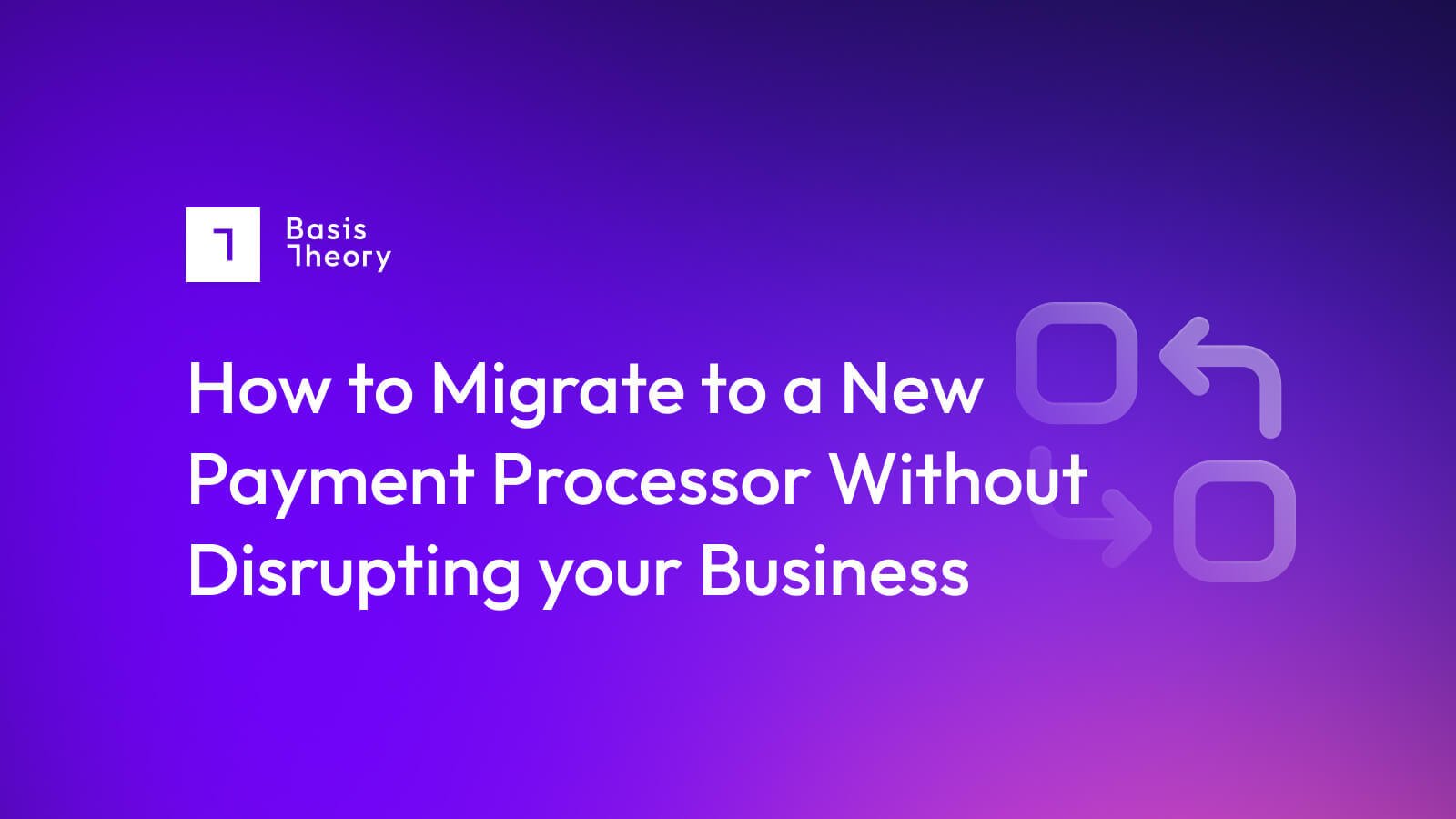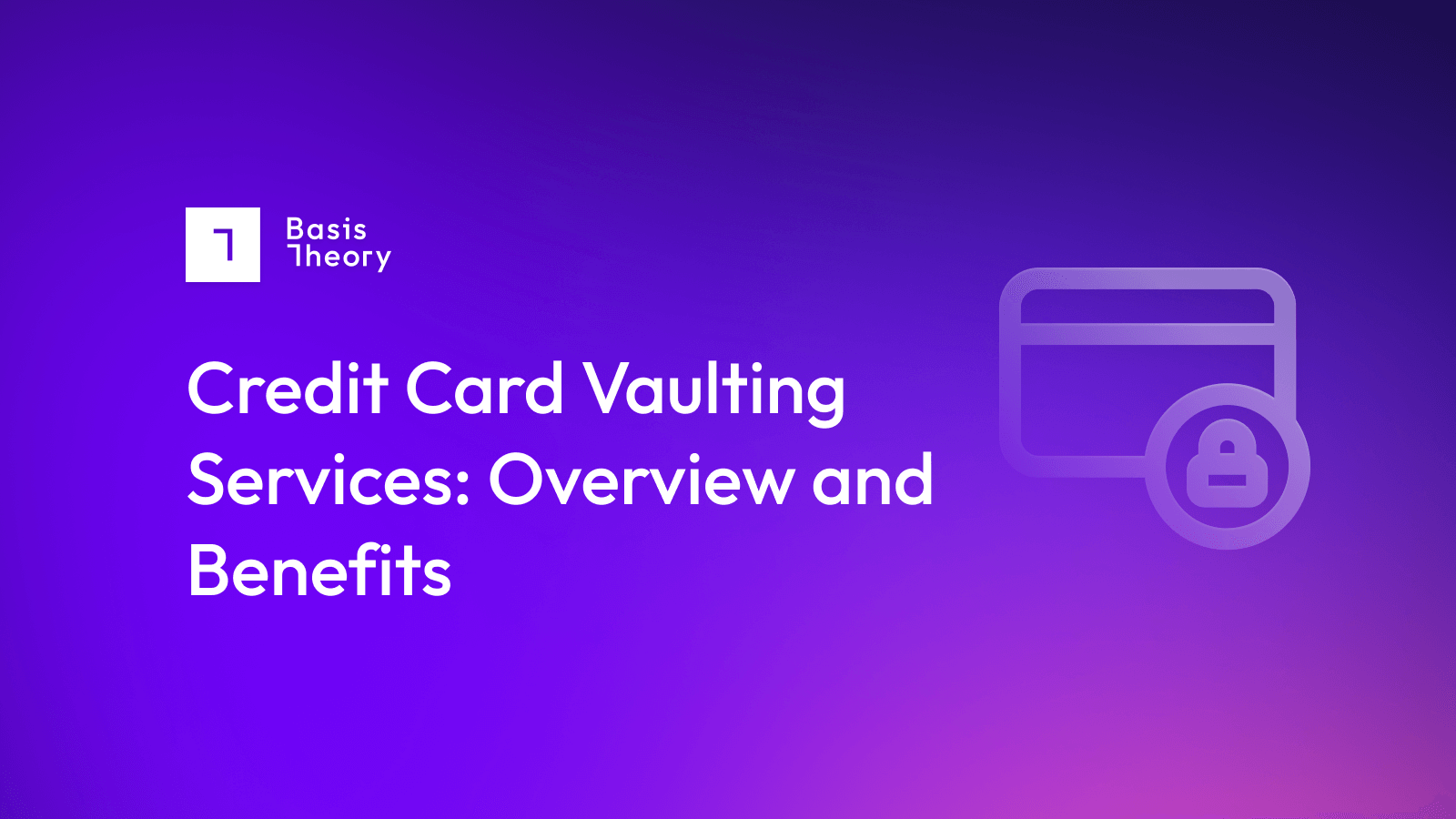The Importance of Recurring Payments for Merchants

Modern businesses do more than simply make one-off sales of products - they take advantage of the opportunities our digital reality offers. Perhaps the inspiration for today’s subscription offerings is the mortgage, the original offering that allowed people to buy something over time that they couldn’t, or wouldn’t, pay for all at once. Either way, merchants have fully committed to the Subscription Economy, and are building businesses around the concept of regular smaller payments in return for access to high-priced offerings. Under those circumstances, knowing how to keep the business going, and ensure all the payments that can be made are made, becomes a strategic necessity.
What are Recurring Payments?
As the name suggests, recurring payments are those that are made on a regular, interval-based basis, without the customer having to get actively involved. Any subscription account consumers have in their life - from Netflix, to the electrical utility - operates in this way: the consumer signs up, provides payment information, and agrees to pay not only today, but on a regular basis until some future point when the agreement expires (generally only on receipt of an acceptable cancellation notification to the merchant from the customer).
The oldest version of this model was essentially credit, paid off on an amortized basis - the regular payments consumers make, for instance, to a financing company as they pay off a car or a boat. The essence of this model was that it made it possible for consumers without a large sum of available cash to lay their hands on a product in return for a promise to pay off the debt over time.
The subscription economy simply expands upon this model: consumers receive conditional, partial, or time-restricted access to a product or service in return for a regular payment. This allows consumers to afford - or feel that they can afford - things that they might not have purchased on a one-off basis, while guaranteeing the merchant a continuing revenue flow that they can use to maintain and grow their business.
The benefits of Recurring Payments for Subscription Merchants
Subscriptions, and the recurring payments associated with them, bring a number of benefits for merchants, including
- Steady income: those small payments soon add up, and each month the revenue needle should tick higher, as new customers come on board to augment the existing audience
- Customer retention: so long as the product or service does what it should, customers will likely continue to pay - and, indeed, as gyms and online streaming services have learned, they may very well continue to pay long after they forget they even have the account
- Growth potential: merchants can not only maintain their income from retained customers, they can also increase revenues by offering cross-sell (additional products) and up-sell (more from the same product line) options
- Better margins: once a customer has been acquired, it is less costly to drive them to buy something else; and of course, recurring payments can actually incur lower processing fees after the initial transaction
Merchant risks with recurring payments
While the steady flow of recurring payments creates a stable backdrop for merchants to base the continued operation and growth of their business, it also holds the potential for nasty surprises when those payments don’t come through as anticipated. Challenges include
- Unexpected failed payments: this can come about due to either voluntary or involuntary churn - in other words, some customers may deliberately end their contract, while others may fail to make their payments owing to unintended reasons, such as expired credit cards or temporary lack of funds.
- Processing continuity challenges: merchants may experience any of a number of processing challenges, with unanticipated limitations (up to and including closure) on their accounts one of the most pressing and common. Payment service providers (PSPs) have their own set of rules, which can be complex, and that merchants frequently run afoul of. Losing access to a full-service PSP can result in the loss of access to customers’ stored credit card data, and thus the ability to run recurring payments
- Processing fee shocks: while full-service PSPs tend to offer what appear to be flat pricing structures, these front-line numbers obscure additional fees, such as those for refunds, cross-border transactions, chargebacks, and so forth. In addition, recurring payments, when executed through some PSPs, should be subject to lower processing fees than the initial transaction - a discount not always passed through by all PSPs.
Automated Payment Systems are Critical for Recurring Payments
Merchants relying on the steady and reliable income of recurring payments are best served by an automated payment system over which they have control, and which connects to a variety of downstream payment providers. This provides the resilience needed to ensure payments can be processed regardless of the status of any given PSP provider, and the flexibility to arbitrage the best processing fee structures for each transaction.
That said, bringing all of payment in-house can introduce a fairly heavy burden of PCI-DSS compliance requirements, which is why merchants are looking to programmable payment vaults from companies like Basis Theory. These services take on much of the PCI-compliance responsibility by managing customer data both in motion and at rest, while providing the flexibility for the merchant to direct transactions to the PSP of their choice, as well as to implement processes for re-submitting transactions that may have failed on a soft decline.
.png?width=365&height=122&name=BTLogo%20(1).png)



